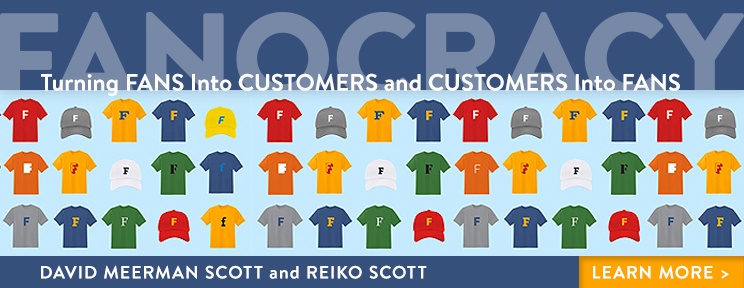For decades, marketers have been the experts. We marketing people use our experience and creativity to make decisions. This reality isn’t going away! In fact, I think the new world of AI makes our work even more important, because we must always recognize the limitations of machines.
AI can’t replace human interaction, but it can make the jobs of humans easier, as well as give all of us more time for more genuine human interaction.
Yes, for certain tasks, machines can learn to be smarter than people. However, there are many things that machines simply cannot do. Paul Roetzer of the Marketing Artificial Intelligence Institute offers a succinct list of what AI cannot offer: curiosity, creativity, empathy, emotion, intuition, and maybe most of all, imagination.
As we roll out AI in marketing, it’s essential that we remain vigilant about keeping the human aspects of our marketing intact.
As customers become more comfortable and experienced interacting with AI programs, they learn to detect when they are communicating with a machine rather than a human.
I predict that in a world of AI, people will continue to crave true and honest connection with actual living and breathing people. Make sure you don’t lose personal relationships with your customers!
ChatGPT doesn’t replace writing
Large Language Models like ChatGPT are great for helping to create content for marketing purposes. But it’s just a help, not the only answer. Content created with ChatGPT can be wrong, is often stilted and boring, and follows a similar format.
When I see “In conclusion,…” leading the last paragraph, I assume it’s machine generated content.
I like using AI to help create a headline after I write a blog post. That’s a great way to use the models. Or you can use AI to help write an outline.
Social media algorithms can be evil
Yes, the ability for an AI program to detect patterns in massive amounts of data is beyond what a human can do. With AI-powered social networks like Facebook, that means users see more of the information that they interact with. Are you a bird watcher who joins a few birder groups, clicks “like” on the cute short-eared owl photo from your friend, searches on nearby bird sanctuaries, and shares a video of a majestic egret in flight? Bingo! Facebook will show you more and more bird-related content.
Just like the way that Netflix and similar services amplify patterns in the kinds of movies and shows we watch, prompting us to watch more of the same, Facebook and other social networking services show us the same kind of posts we have clicked on in the past, encouraging us to view more.
However, there are massive dangers to both individuals and society associated with this technology. If somebody clicks on a sensational headline once because they are curious, the Facebook algorithm learns a little bit from that interaction and serves up similar stories in the future. If the user also engages with this subsequent content, then the system serves up still more and more of the same. This cycle is why Facebook amplifies false information and polarizing content—it’s what the systems have been trained to do! The global social problems posed by Facebook’s algorithm including leading tens of millions of its 2.7 billion global users into an abyss of misinformation, a quagmire of lies, and a quicksand of conspiracy theories are beyond the scope of this short post. Still, it’s worth keeping these potential problems in mind as you develop an AI strategy.
Be aware of bias
As a marketer, you need to recognize the biases that you unwittingly introduce in your marketing and how AI might amplify them. For example, certain words signal “male” or “female” bias, and particular images might mean different things to different buyer personas.
Algorithms trained with data generated or interpreted by homogenous groups have famously failed with more diverse data. Without humans paying attention, AI algorithms may continually skew your marketing such that you miss entire groups of buyers or, worse, become a company that’s seen by part of the market as prejudiced or insensitive to diversity.
AI isn’t going to solve every marketing problem. But it is certainly an important part of our future. The sooner you learn how to apply it, the bigger head start your organization will have on your competitors.
Always remember that the humanity of what you and your people bring are essential in a world of AI. Machines are not taking over marketing. Rather, an effective collaboration between machines and people will be the key to success in the years to come.

David Meerman Scott
David Meerman Scott is a business growth strategist, advisor to clever entrepreneurs who are building emerging companies, and the international bestselling author of a dozen books published in 30 languages. David’s high-energy keynote presentations, masterclasses, and virtual events educate, energize, and inspire.



















